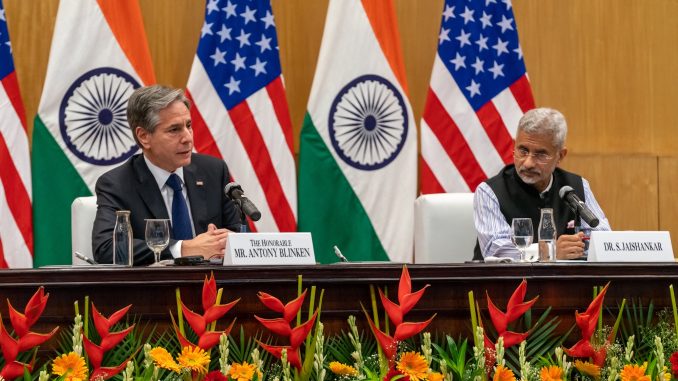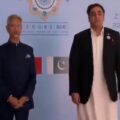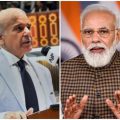
Without naming any country, Indian External Affairs Minister (EAM) S Jaishankar blasted the neighboring country after Pakistan Foreign Minister Bilawal Bhutto Zardari unceremoniously raked up the issue of Kashmir during a UN gathering in New York.
Speaking in his national capacity, Jaishankar said the credibility of the UN depends on its effective response to the critical challenges of our time, be it pandemic, climate change, conflicts, or terrorism.
He continued, “while searching for solutions, our discourse must never accept the normalization of such threats. The question of justifying what the world regards as unacceptable should not even arise.” “That certainly applies to state sponsorship of cross-border terrorism. Nor can hosting Osama Bin Laden and attacking a neighboring Parliament serve as credentials to sermonize before this council,” he said in an apparent reference to Pakistan.
Jaishankar’s response came after Bhutto raked up the issue of Kashmir during a meeting convened to debate the New orientation for reformed multilateralism (NORM) under India’s December presidency of UNSC.
Pakistan’s foreign minister said that UN Security Council (UNSC) is primarily responsible for maintaining international peace and security.
“Multilateral solutions under the umbrella of the security council offer the most effective approach to promoting peace and resolving conflicts.
Parties to a dispute cannot advocate multilateral process one day, multilateral reforms one day and insist on bilateral avenues the next and ultimately impose unilateral actions,” he said about Jammu and Kashmir without naming them.
Bhutto said Pakistan firmly believes that significant security problems, including those in its region, can be effectively and peacefully resolved through the active involvement of the Security Council.
“Multilateralism should be based on universal and consistent adherence to the UN charter,” he added.
Amidst calls for India’s inclusion in Security Council, Bhutto said, “Adding new permanent members to UNSC will numerically reduce the opportunities for the vast majority of the UN member states to be present on the Security Council. We must adhere to sovereign equality of all, not superiority of some.”








